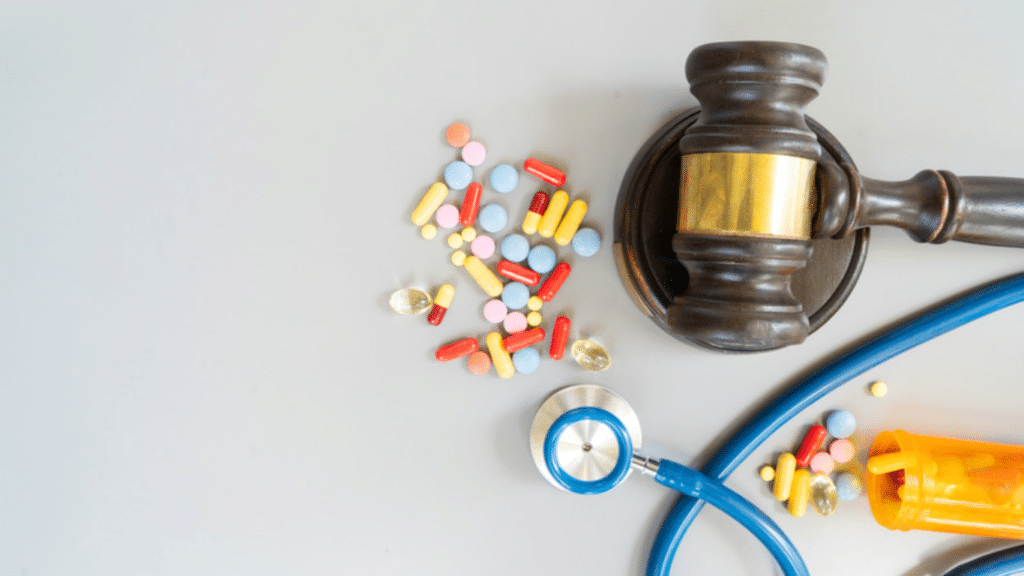A proposed investigation into Child and Mental Health services raises medical negligence issues. The presented question is whether we are again facing a failure by our Health services to follow an acceptable standard of care in providing mental health care to our children and adolescents.
The Mental Health Commission (MHC) will conduct an independent review of the Child and Adolescent Mental Health Services across Ireland. This will be conducted by the inspector of mental health services, Dr Susan Finnerty.
This follows from a review carried out by the HSE into the care of more than 1,300 children under the South Kerry CAMHS, published on the 26th January 2022. (The “Maskey Review”).

Although the review found that no extreme or catastrophic harm was caused to patients, it did find that the care received by 240 young people did not meet acceptable standards.
The review body found that 46 young people suffered significant harm while receiving treatment.
Most notably, this harm resulted in harmful treatment where one junior doctor gave ‘inappropriate prescriptions for multiple drugs’ to young patients.
Key findings of the report
Dr Seán Maskey, an external and independent CAMHS consultant psychiatrist from the UK and the review’s author, found “unreliable diagnoses, inappropriate prescriptions, poor treatment monitoring and potential adverse effects”.
This treatment exposed many children unnecessarily to the risk of significant harm.
The report also details the significant harm caused to 46 young people. This harm included weight gain, sedation, elevated blood pressure, and galactorrhoea (breast milk production). The harmful treatment resulted in the medicalisation of normal emotional responses in children. This treatment resulted in suppression by medication. The harmful treatment involved risks of delaying or damaging the development of skills in the self-regulation of emotions which usually happen as children mature.
Thirteen other children were found to have been unnecessarily exposed to a risk of harm under the care of other doctors in the service.
There were also issues with missing documents, which meant that children weren’t followed up as they should have been.
The aftermath of the review
The HSE and South Kerry CAMHS have already apologised to the affected young people and their families.
HSE officials and clinicians offered meetings to all 240 young people who did not receive the care they should have.
“We want to be very clear that there is nothing that any child, young person, parent or guardian should have done differently. You put your faith in our service, and you did not receive the service you expected and which you were entitled to expect. We are sorry that this is the case.”
– Dr Maura Young, Executive Clinical Director of Kerry Mental Health Services
Gardaí are still considering whether to launch a criminal investigation.
If appropriate, HSE chief executive Paul Reid said disciplinary action would be taken on the issues raised in the report.
Tánaiste Leo Varadkar has previously told the Dáil that the families of children affected by issues in the Kerry mental health services will be provided with financial compensation. He accepted that there had been “huge failings” in the service and children had been put on the wrong medicines and left on them for too long.
Thirty-five recommendations have been made in the review.
They cover areas such as re-establishing trust in the CAMHS service, governance of the service, delivery of clinical services, improved clinical practice, and information and communication technology to support the delivery of services.
The demand for CAMHS rose steadily nationally and locally for the last 20 years before the scandal.
This demand rose because of a change in parents’ expectations and the reduction in the stigma associated with mental illness.
Significance from a legal perspective
As this matter involves the over-prescription of multiple drugs by a medical professional, it falls within the purview of medical negligence, with an element of personal injury.
The actual test for establishing negligence in diagnosis or treatment on the part of a medical professional is whether he has been proved to be guilty of such failure as no medical practitioner of equal specialist or general status and skill would be guilty of acting with ordinary care. This test was set out in Dunne v. National Maternity Hospital and reaffirmed in Morrissey v HSE & Others.
In this instance, it is not unreasonable to assume that there is a failure that no other medical practitioner of equal skill would be guilty of. It seems that the HSE may be open to a litany of medical negligence and personal injury suits in the aftermath of this debacle.
At Lynch Solicitors, we have over 30 years of experience in dealing with medical negligence and personal injury cases and representing victims of medical malpractice in the High Court, at public inquiries, and compensation tribunals. We appreciate that it requires considerable knowledge and research to get to the point where a client is ready to take action. Many factors have to be considered and assessed before this decision can be made. We offer you an informed, sensitive and objective assessment based on professional knowledge and research.
Contact Us
If you have a question about any issue covered in this blog or any legal matter, you can contact a member of our team on 052 612 4344 or at info@lynchsolicitors.ie.

